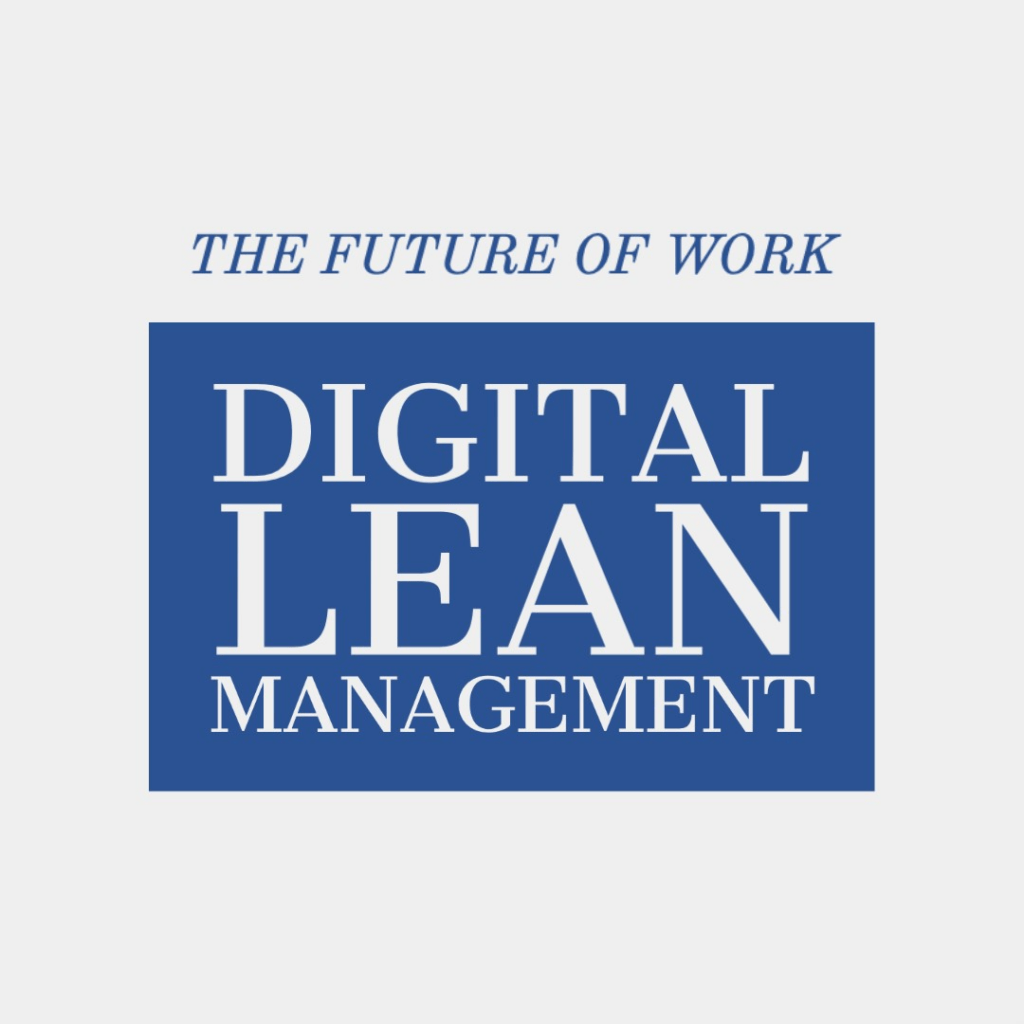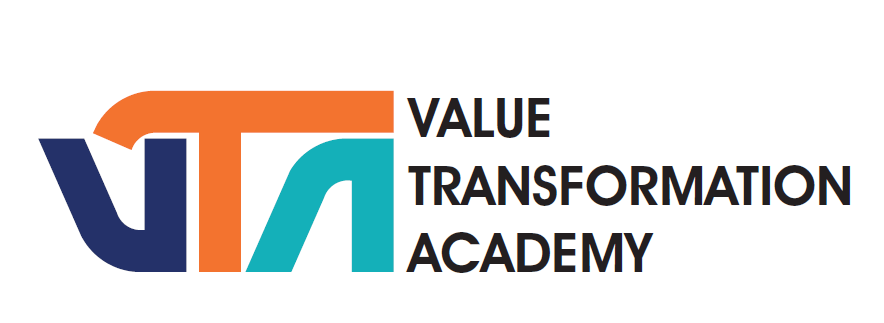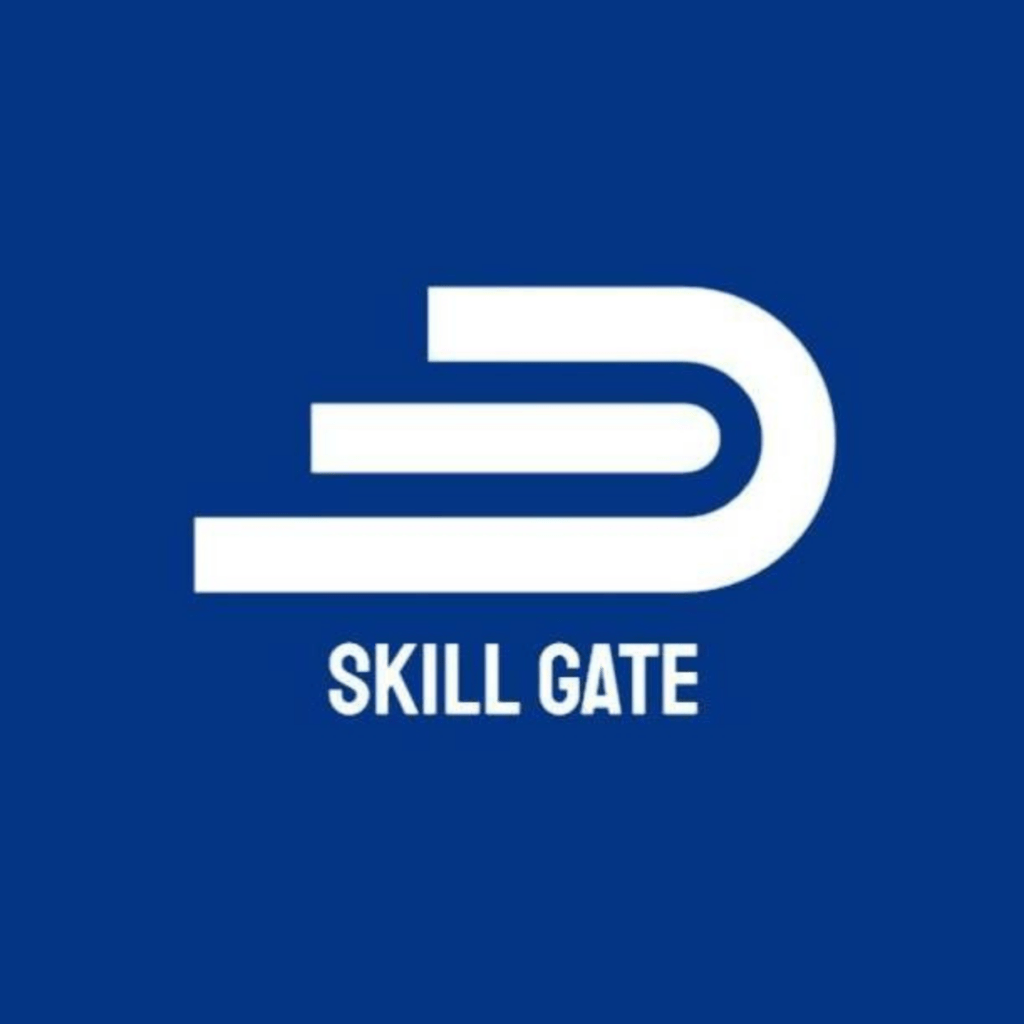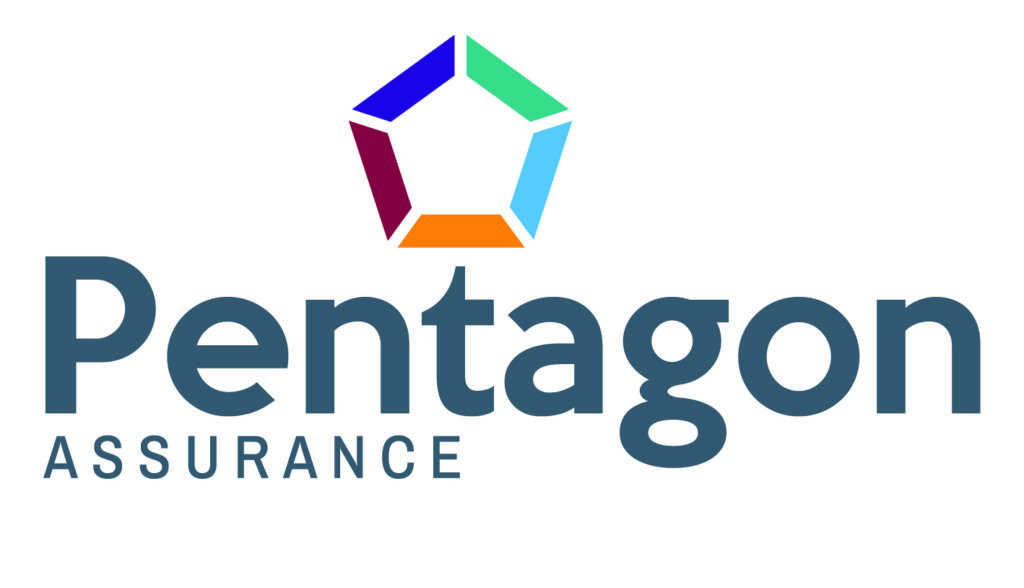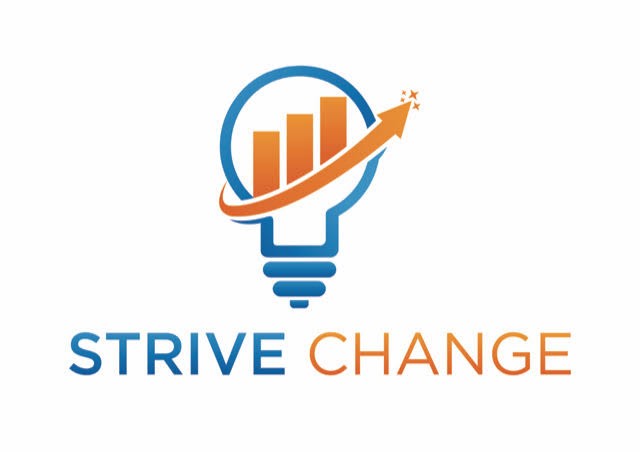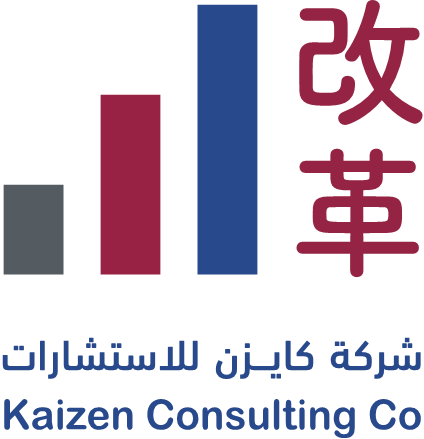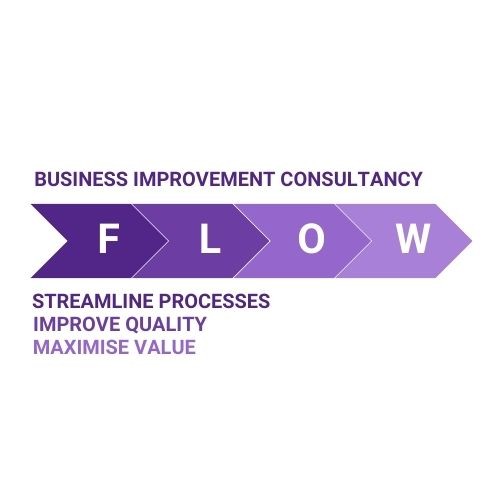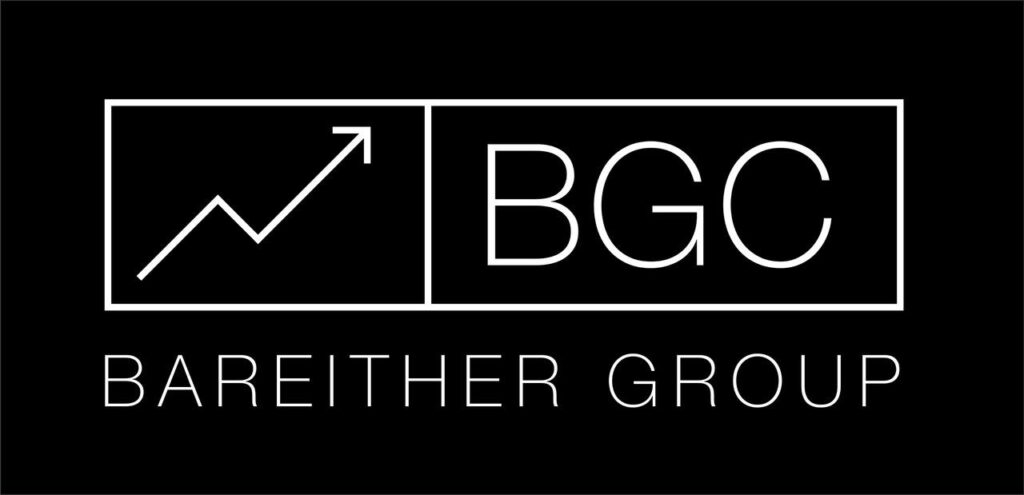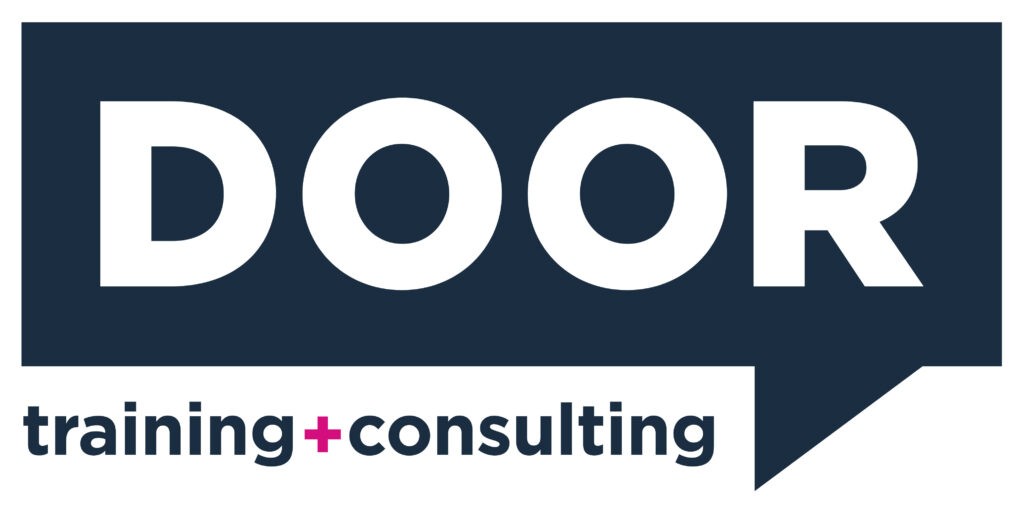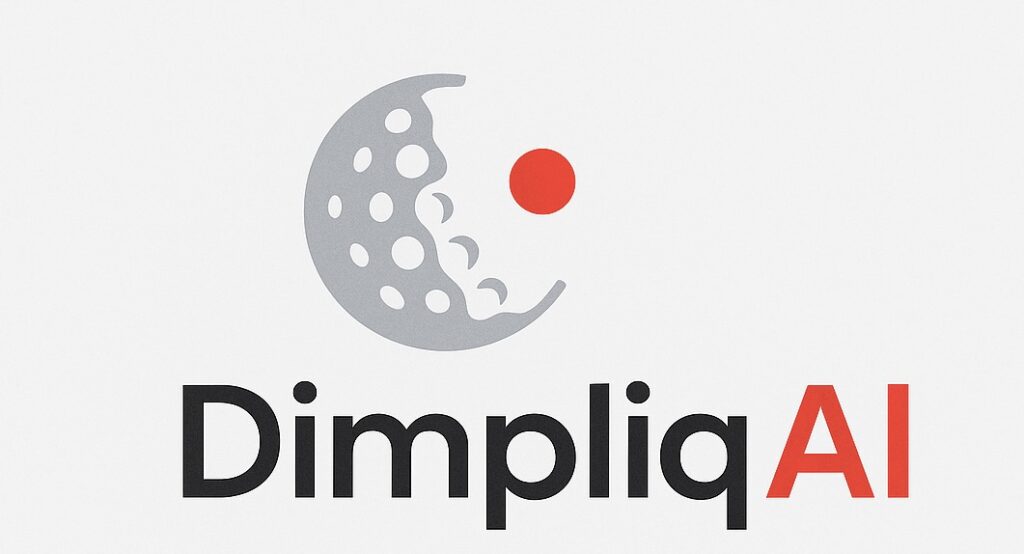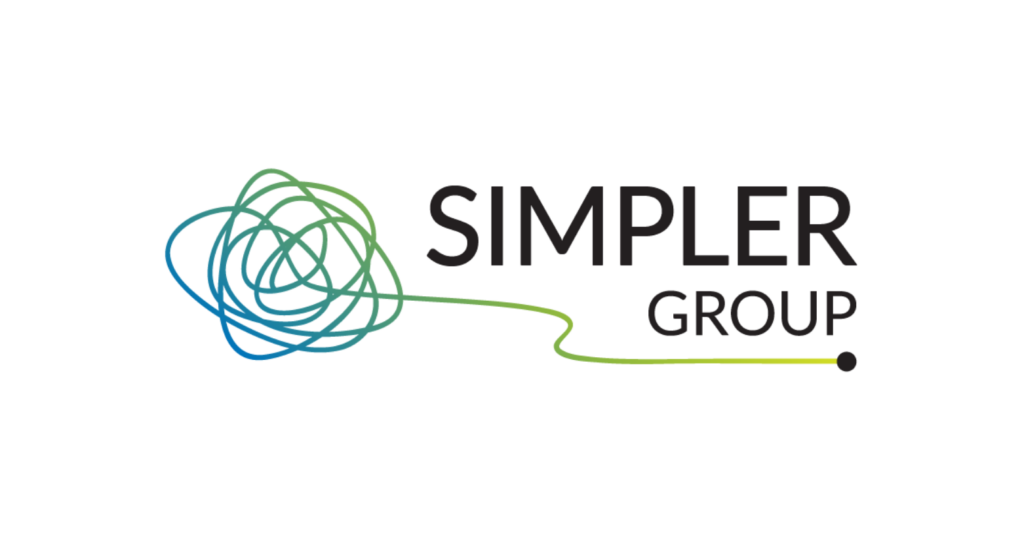5 Levels of Process Intelligence Every Lean Six Sigma Black Belt Must Master
Understanding Lean Six Sigma and Process Intelligence
Lean Six Sigma is a powerful methodology designed to eliminate waste, enhance efficiency, and drive operational excellence. At its core, Lean focuses on reducing inefficiencies, while Six Sigma ensures process variation is minimized through data-driven decision-making.
The methodology follows the DMAIC framework—Define, Measure, Analyze, Improve, and Control—ensuring continuous process improvement. However, traditional Lean Six Sigma relies on sampled data, which can sometimes miss real-time operational insights. This is where Process Intelligence comes into play.
Process Intelligence leverages real-time data, process mining, and advanced analytics to create a digital twin of business operations. Unlike traditional approaches, it provides Black Belts with a holistic, transparent view of processes, enabling them to pinpoint inefficiencies and automate decision-making.
The integration of Process Intelligence with Lean Six Sigma doesn’t replace the methodology but enhances its capabilities. Black Belts who master Process Intelligence gain a competitive advantage by making data-backed decisions faster and more accurately.
The following five levels of Process Intelligence are essential for any Lean Six Sigma Black Belt looking to achieve operational excellence and business transformation.
Level 1: Process Discovery
Process Discovery is the foundation of Process Intelligence, allowing Lean Six Sigma Black Belts to visualize and analyze real-time workflows. Traditional process mapping relies on manual input, which can be biased or outdated. However, Process Discovery automates this by using event logs from transactional systems to create an accurate, data-driven process model.
How Black Belts Can Leverage Process Discovery
• Extract data from ERP, CRM, and other systems to uncover hidden inefficiencies.
• Identify variations in process execution that lead to performance bottlenecks.
• Create a digital twin of processes for continuous monitoring and improvement.
With Process Discovery, Lean Six Sigma professionals can go beyond static process maps and gain real-time insights into process deviations and inefficiencies. This helps in defining problems more precisely, leading to more targeted improvements.
By integrating Process Discovery with Lean Six Sigma, Black Belts eliminate blind spots in their operations, ensuring a more accurate, data-backed approach to problem-solving.
Level 2: Process Conformance
Process Conformance ensures that actual operations align with standard operating procedures (SOPs) and Lean Six Sigma guidelines. Even the most optimized processes can suffer from deviations, leading to inefficiencies and compliance risks.
Actionable Steps for Black Belts
• Use Process Mining tools to compare real-world workflows against ideal processes.
• Detect non-compliance early by identifying where and why deviations occur.
• Implement corrective actions using data-driven insights to bring processes back in line.
With Process Intelligence, Black Belts can proactively monitor compliance issues in real time instead of relying on periodic audits. This ensures that improvements made through Lean Six Sigma are sustainable and consistently followed across all operations.
Organizations leveraging Process Conformance can reduce risks, enhance quality control, and ensure regulatory compliance without additional manual oversight.
Level 3: Process Enhancement
Once processes are aligned with best practices, the next step is Process Enhancement—optimizing workflows to achieve peak efficiency. Black Belts must identify automation opportunities, streamline workflows, and enhance productivity using real-time data insights.
How to Achieve Process Enhancement
• Eliminate redundant steps through AI-driven process automation.
• Leverage predictive analytics to anticipate bottlenecks before they occur.
• Standardize best practices across teams for consistent efficiency gains.
By integrating Process Intelligence with Lean Six Sigma, Black Belts can move beyond reactive problem-solving and adopt a proactive, predictive approach. This helps businesses reduce costs, improve speed, and deliver better customer experiences.
Successful Process Enhancement ensures that Lean Six Sigma improvements aren’t just theoretical but translate into tangible business outcomes.
Level 4: Process Prediction
Traditional Lean Six Sigma focuses on historical data, but Process Prediction takes it a step further by using AI and machine learning to forecast future process behaviors. This allows Black Belts to anticipate problems before they arise and make data-driven decisions with greater confidence.
How Black Belts Can Use Process Prediction
• Utilize predictive models to foresee process failures and inefficiencies.
• Apply AI-powered simulations to test different improvement scenarios before implementation.
• Optimize resource allocation by anticipating demand fluctuations.
Process Prediction transforms Lean Six Sigma from a reactive methodology into a proactive one, enabling Black Belts to prevent issues instead of merely solving them. By harnessing AI-driven analytics, businesses can reduce downtime, enhance productivity, and drive continuous improvement.
Level 5: Process Automation
At the highest level of Process Intelligence, Process Automation eliminates human intervention in repetitive tasks, ensuring speed, accuracy, and consistency. While Lean Six Sigma traditionally focuses on reducing waste, automation takes efficiency to the next level.
Key Benefits of Process Automation for Black Belts
• Reduce human errors by automating routine tasks.
• Enhance process speed without sacrificing quality.
• Ensure compliance by enforcing standardized workflows.
Process Automation allows Black Belts to focus on strategic decision-making rather than repetitive problem-solving. By integrating Robotic Process Automation (RPA) with Lean Six Sigma methodologies, businesses can achieve exponential efficiency gains and remain competitive in a data-driven world.
With Process Automation, organizations can go beyond optimization and achieve self-improving, autonomous business processes.
Process Intelligence at the 2025 International Lean Six Sigma Conference
The 2025 International Lean Six Sigma Conference in Jersey will be a landmark event for Lean Six Sigma Black Belts looking to master Process Intelligence. Experts like Franco Buehlmann from Celonis will share insights on Process Mining and its role in driving Process Intelligence.
In addition, renowned Lean Six Sigma thought leaders, including Lars Reinkemeyer, will explore how Black Belts can integrate AI-driven Process Intelligence into their Lean Six Sigma strategies to drive business transformation.
This conference is an opportunity for Lean Six Sigma professionals to stay ahead of industry trends, adopt cutting-edge process intelligence techniques, and revolutionize operational excellence in their organizations.
REGISTER NOW FOR THE 2025 INTERNATIONAL LEAN SIX SIGMA CONFERENCE
For those looking to stay ahead in 2025 and beyond, attending the International Lean Six Sigma Conference in Jersey is a must. Here, Black Belts will gain hands-on insights into the latest Process Intelligence strategies that are shaping the future of Lean Six Sigma.
Don’t just improve—transform your business processes today with Process Intelligence.


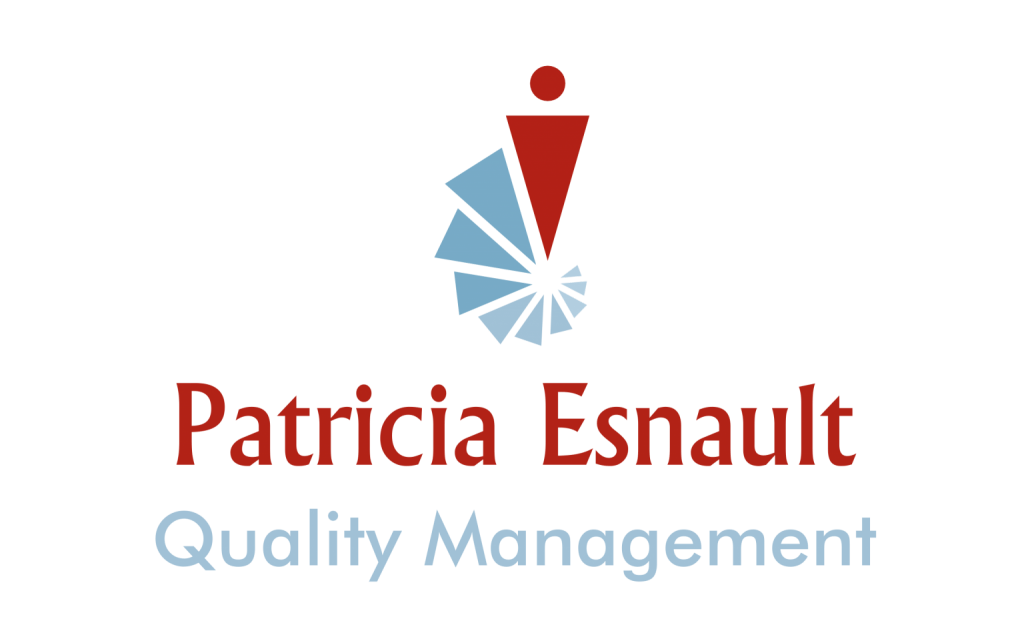

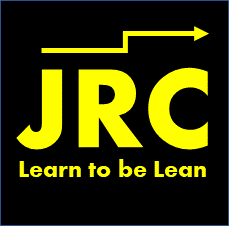















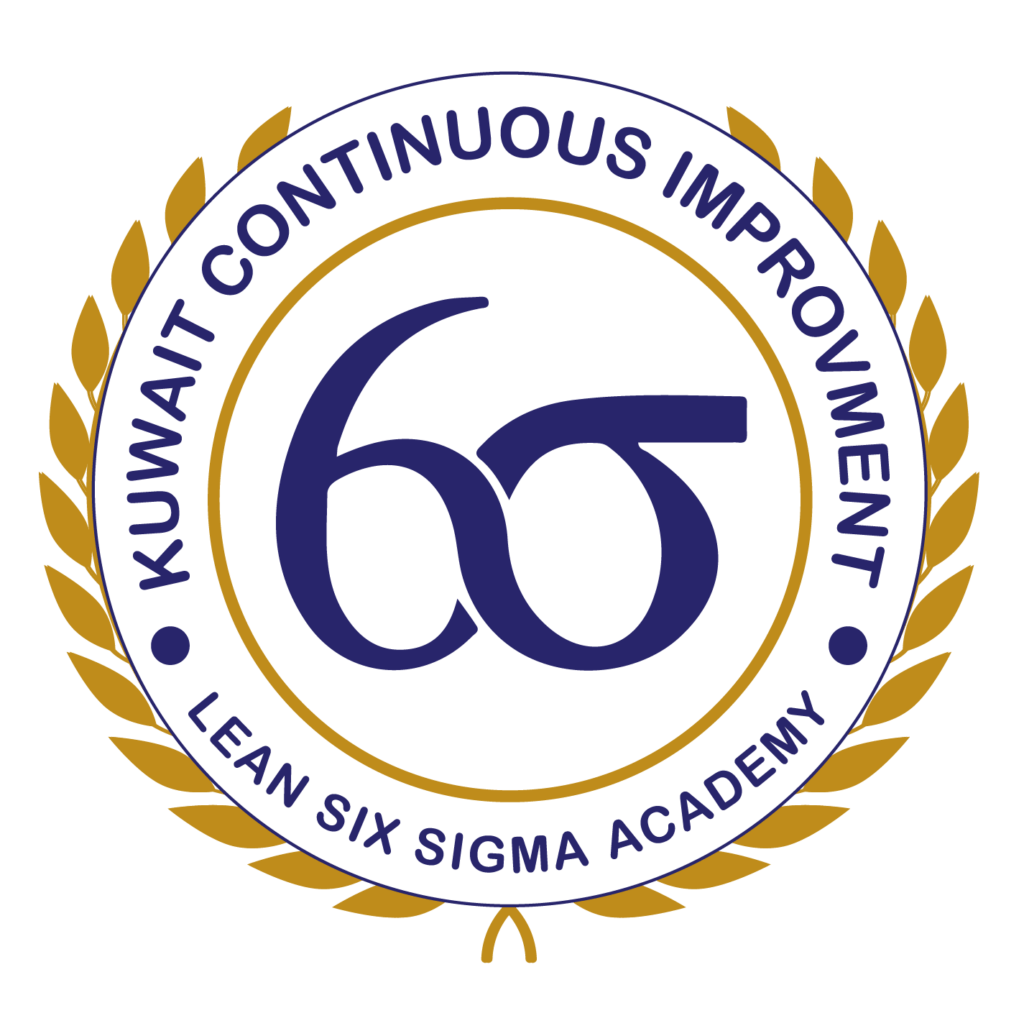





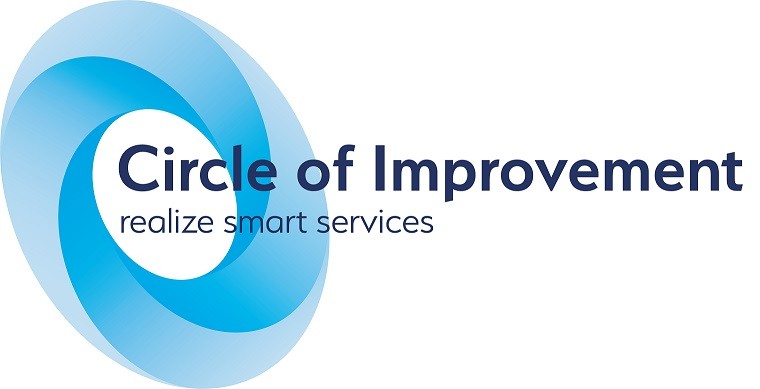



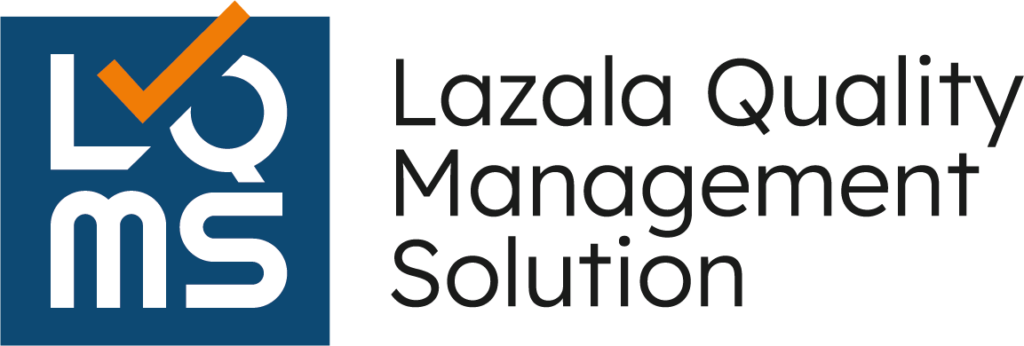


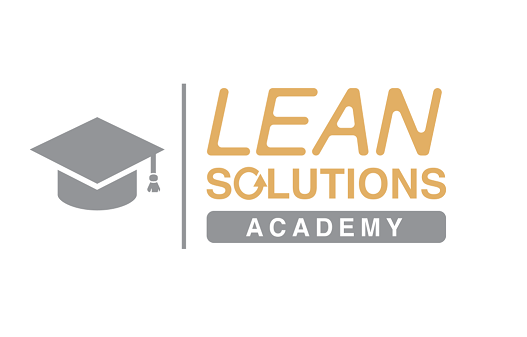


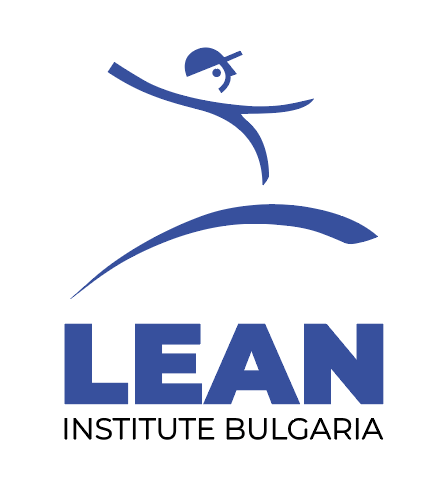


![UCOURSE.ORG [UCOURSE Academy] was established in Hong Kong in 2019 (company name: UCOURSE LTD), dedicated to providing high-quality online courses and courses for Chinese people in China, Hong Kong, and even all over the world. UCOURSE.ORG 【优思学院】于2019年成立于香港(公司名称:优思学院有限公司 / UCOURSE LTD),致力于为中国、香港、以至身处于全球各地的中国人提供优质的线上课程和考试认证,促进全国的人材培育、个人的职业发展,让学员在事业上事半功倍,同时助力国家的未来的急促发展。](https://ilssi.org/wp-content/uploads/2021/02/ucourse-logo-250.png)

